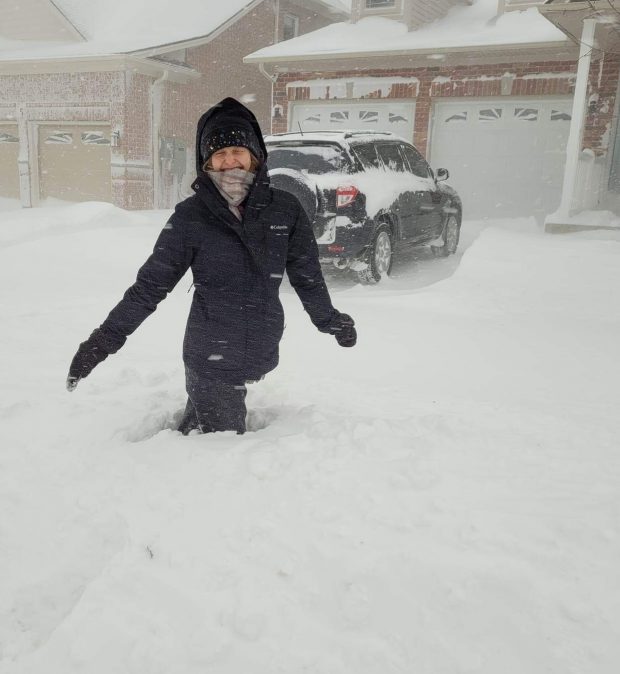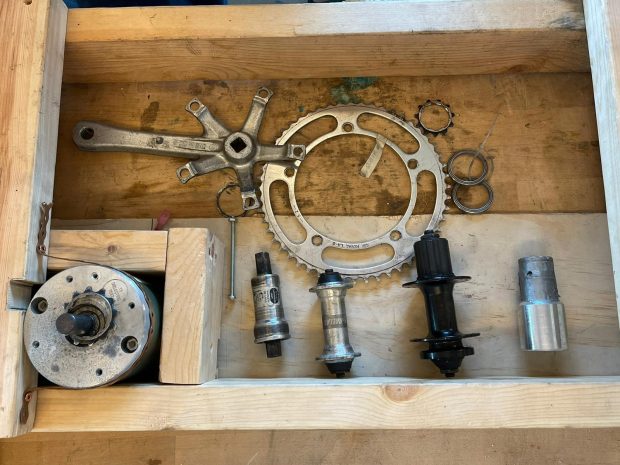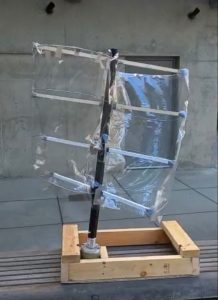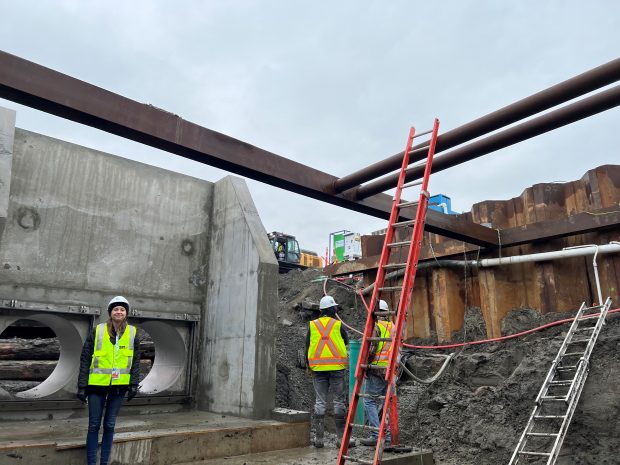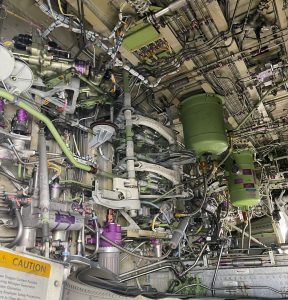As midterms loom on the horizon, it’s easy to get overwhelmed by the mountain of assignments, deadlines, and labs. But hey, before Vancouver turns back into “Raincouver” and we’re buried in our textbooks (or laptops), there’s no harm in hitting pause to soak in the last bits of sunshine! For those of us who aren’t from Vancouver (like I was, once upon a time), there’s so much to explore. Over the past five years, I’ve had the chance to experience the city like a Vancouverite. Here are my top 5 (sober!!) must-dos if you’re looking to unwind this long weekend!
1. Chill at One of Vancouver’s Stunning Beaches
I know, I know, it sounds basic, but how many cities can offer both mountain and ocean views at the same time? Vancouver’s beaches are a magical combination of golden sands, volleyball games, and that calming sea breeze. Whether you hit up Kitsilano Beach for a casual day out or paddleboard at Jericho, the beach is the place to unwind. If you’re lucky, you might even spot an orca playing in the distance. Not a bad way to hit pause before exams, right?
2. Hike the Sea-to-Sky Highway
If you’re a nature lover (or even just someone looking to disconnect from all things tech), there’s no better cure for midterm stress than a hike along the Sea-to-Sky Highway. The drive alone is breathtaking, but the real gems are the trails that wind up into the mountains. Garibaldi Lake, Stawamus Chief, and Joffre Lakes are just a few iconic hikes that will reward you with turquoise-blue lakes, towering waterfalls, and views that feel straight out of a screensaver. Bonus: Being out of Wi-Fi range gives you the perfect excuse to ditch your phone and just breathe.
3. Gastown: Where History Meets Hipster Vibes
Gastown has that old-European charm, with cobblestone streets and architecture that takes you back in time. My personal favorite? The iconic steam clock that whistles every 15 minutes—no matter how many times I see it, it never gets old. And hey, while you’re wandering, grab a coffee at one of the quaint cafes. Just remember, stay away from East Hastings if you’re not looking for any “surprises” (trust me on this one).
4. Feel the Need for Speed: Go Karting
Okay, this one might seem random, but there’s nothing like the thrill of racing around a track at high speeds to clear your head. Whether you’re a speed demon or just someone looking to blow off some steam (pun intended), go-karting is the perfect adrenaline rush. Plus, it’s a solid way to take your mind off the fact that you haven’t started studying for that midterm yet…
5. Explore Nature at Bloedel Conservatory and Stanley Park
If fast cars aren’t your thing, maybe a more tranquil escape is calling your name. Stanley Park and the Bloedel Conservatory offer lush green spaces where you can walk, bike, or just sit and people-watch. Wander through the tropical rainforest under the Bloedel dome or bike along the seawall for a full nature detox. Don’t forget to check out the Aquarium, where you’ll find mesmerizing sea creatures and get a break from reality.
Honorable Mention: Sleep (My Personal Favorite)
If you’re more of a homebody, a long weekend is also the perfect time to catch up on sleep. Waking up without an alarm for even just one day is pure bliss. Throw in a TV binge session (you earned it!) and maybe some snacks, and you’ve got yourself the perfect recharge. Forget your stress, calorie count, assignments, and your upcoming deadlines—just for a little while—and you’ll be ready to tackle the next round of school madness with fresh energy.
So, there you have it—five solid ways to unwind and make the most of a long weekend in Vancouver. Whether you’re an adventurer, a beach lover, or someone who enjoys a quiet day in, there’s always something to help you reset before the academic grind kicks in again. Enjoy it, because before you know it, we’ll be in Raincouver mode! ⛈️




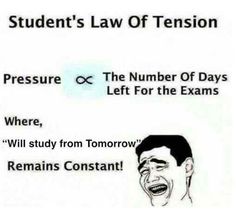 Image Credit: r/sciencememes
Image Credit: r/sciencememes